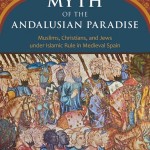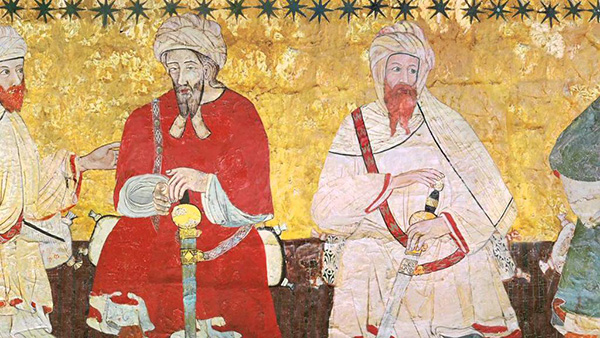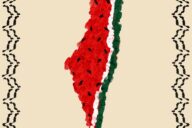In the last years, several have been published that, without relying in scientific and objective research studies, atack Islam and the Muslim population, through generalizations that reflect the prejudices, fears and discriminatory tendencies existing in society.
This entry intends to warn against that kind of studies, which rely in the reputation granted by the authors’ academic position and in partial research proceses to generate clearly islamophobic analysis.
Such is the case of works such as “The Myth of the Andalusian Paradise”, by Darío Fernández-Morera, “Al-ándalus contra España: la forja de un mito” (Al-Andalus against Spain: the forge of a myth), de Serafín Fajul, and “Al-Ándalus y la Cruz” (Al-Andalus and the Cross), by Rafael Sánchez Saus. Regarding other current topics, we can highlight “What’s wrong with Muslims?” (by Satoshi Kanazawa) and “Going Muslim” (by Tunku Varadajan), both analyzed by Abderrahman El-Sayed in his study “Is your Professor an Islamophobe?”.
The first three tackle what they consider to be an “idealized” period of history, rejecting the tolerance and cohabitation that characterized it. While mythicizing, on their side, the Visigoth period, they reject the philosophical contributions made to Europe by the Arabs and emphasize the social and interreligious conflicts existing during the Al-Andalus period, over the periods of peaceful and productive cohabitation.
National Catholic Identity
They are authors clearly use this topic to recover the national catholic identity. As Alejandro García Sanjuán, professor at the University of Huelva, explains “…public declarations expressed from different fields and regarding the period of Al-Andalus, an Arabic and Islamic country in the Iberian Peninsula during the Middle Ages, shows the big importance this period has when dealing with a specific conception of the Spanish national identity”.
These publications emphasize the social and interreligious conflicts existing during the Al-Andalus period, over the periods of peaceful and productive cohabitation
According to this same author, “the defamation of Islam and deligitimation of Al-Andalus represent, thus, two sides of the same coin. Both key arguments of an ideological agenda that aims at restoring outdated and patriotic values, more suitable for the old regime of Franco than for a modern, multicultural and democratic system. We face, thus, the old manipulative strategy of relying in the past to justify the present”.
Generalizing arguments
“What’s wrong with Muslims” and “Going Muslim” defend the Muslim’s incapacity of integration in the West and their inclination towards violence. As El-Sayed points out, more than the harmful content their generating, which lacks of a scientific base or is absurdly generalizing, the problem is the scholars’ prestige and the seriousness this seems to print to their works, thus, pointing out at the legitimating effect of the academic field.
This type of works has a considerable impact on the general population, mistaken by what they think to be the difference between divulgatory popular studies and academic works, thus, contributing to the generation of prejudices and feeding an islamophobic public thirsty of new arguments though which to attack the Muslim population.
This type of works has a considerable impact on the general population, mistaken by what they think to be the difference between divulgatory popular studies and academic works
A counter-current opinion
This trend of publications has profited by the emergence of the so-called Islamic State and the spreading of international Islam (supposedly carried out in the name of Islam). This kind of execrable actions are taken as an example and proof of the veracity of their arguments, contributing to the understanding of Islam as a monolithic block, to the decontextualization of Quranic verses and to the generalization of isolated cases. The result is the silencing of the almost 1,6 billion Muslim voices that reject terrorism and of those Islamic official institutions that condemn and reject tis entity’s religious foundations.
Likewise, we encourage all readers to demand objectivity and justified academic arguments, to contrast information and to take into account the bibliographical sources on which their lectures rely on. This kind of measures will contribute to limit the impact this islamophobic books intend to have.

















No Comments